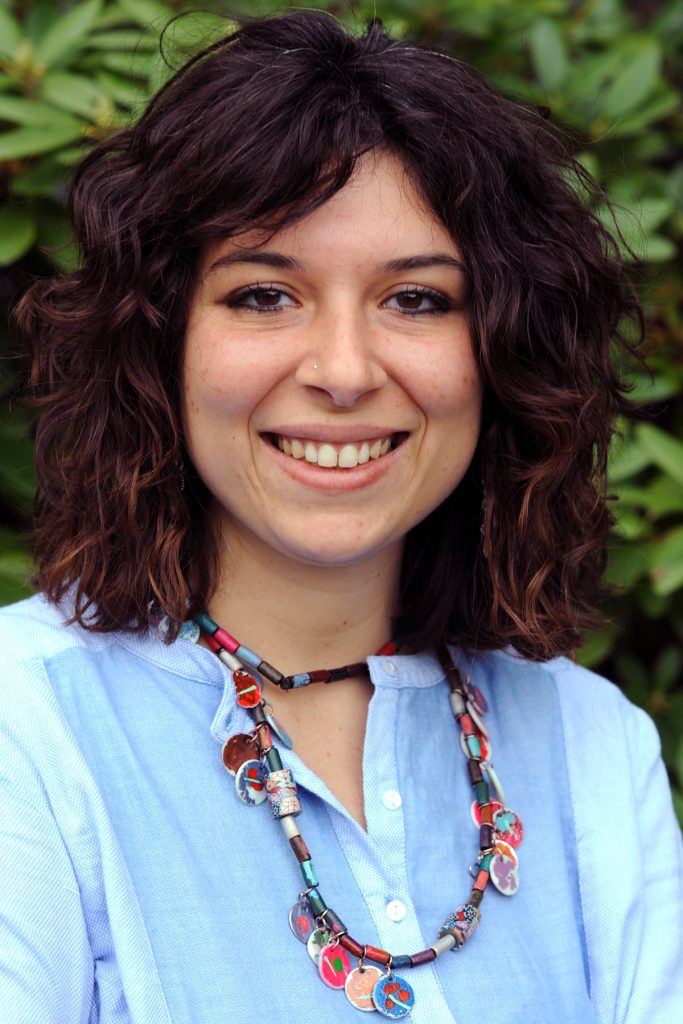2021
Project: Environmental Imaginaries in Egyptian and Tunisian Dystopian Fiction
Assoc. Prof. Teresa Pepe
(Associate Professor, Department of Culture Studies and Oriental Languages, Oslo/ Norvège )
Teresa Pepe is Associate Professor in Arabic Studies at the University of Oslo. Her research interests span across Arabic literature, media, popular culture, sociolinguistics, and the relation between aesthetics and politics. Her current research focuses on Arabic dystopian novels and their connection to social, political, and environmental changes in the region. She is the author of the book Blogging From Egypt: Digital Literature, 2005-2016 (Edinburgh: EUP, 2019) that explores blogs as forms of digital literature emerging in Egypt during the rise of the political protest of the Arab Spring. She is the co-editor of the volume Arabic Literature in the Posthuman Age (with S. Guth, Harassowitz Verlag 2019), that examines the use of dystopia, necropolitics, monsters and satire in Arabic literature today. She is also the co-founder of the research network “Arab Media Transitions” that analyses the impact of media on Arabic culture and society from a historical perspective. She has published several articles in the Middle East Journal of Culture and Communication, Oriente Moderno, Journal of Arabic and Islamic Studies, and LEA- Lingue e Letterature d’Oriente e d’Occidente.

Project Aesthetics & Cultural Practice
In the last decades, dystopian fiction, that is fiction that offers pessimistic visions of the future, has become particularly popular in Arabic culture. These works, that range from novels, to movies to tv series, often portray Arabic cities destroyed by environmental catastrophes, or future Arabic societies ruled by oppressive governments. This project analyzes the development of this genre in Arabic culture during the modern and contemporary era. It focuses on a number of fictional works (novels, movies, TV-series) written by Egyptian and Tunisian authors during the XX and XXI centuries. Borrowing insights from global literary theory, it investigates the specificity of the genre in Arabic and how it participates to the global circulation of near-future fictions and catastrophic thinking. Besides, combining dystopian theories with eco-criticism, it explores the “environmental imaginaries” offered by these works, exploring the ideas that authors and readers develop about the landscape, including perceptions about that environment and assumptions on how it came to be in its current state (Davis 2011, 9). The project, thus, sheds light on how Arab authors imagine the future in their works, and it investigates whether the environmental challenge is becoming a growing concern for Arab authors, as part of a long-standing tradition of political commitment (iltizām).
